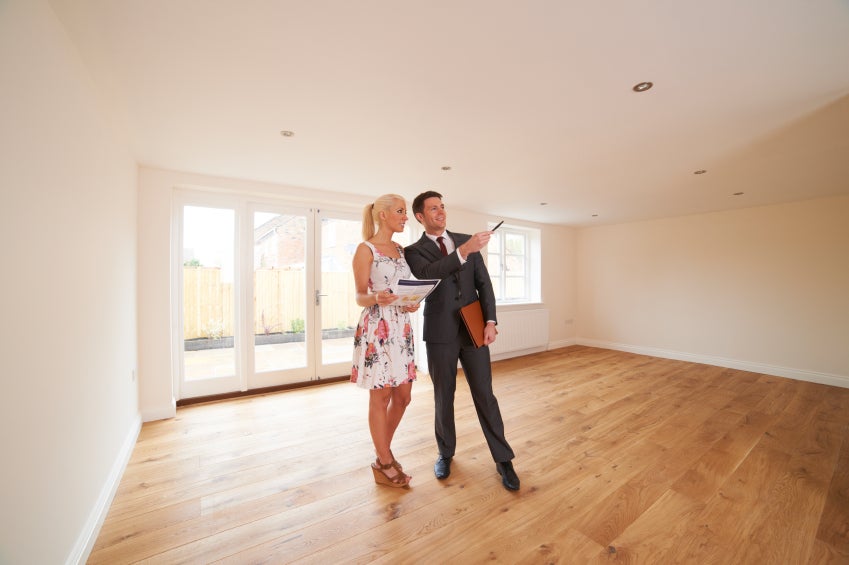
Your support helps us to tell the story
From reproductive rights to climate change to Big Tech, The Independent is on the ground when the story is developing. Whether it's investigating the financials of Elon Musk's pro-Trump PAC or producing our latest documentary, 'The A Word', which shines a light on the American women fighting for reproductive rights, we know how important it is to parse out the facts from the messaging.
At such a critical moment in US history, we need reporters on the ground. Your donation allows us to keep sending journalists to speak to both sides of the story.
The Independent is trusted by Americans across the entire political spectrum. And unlike many other quality news outlets, we choose not to lock Americans out of our reporting and analysis with paywalls. We believe quality journalism should be available to everyone, paid for by those who can afford it.
Your support makes all the difference.A growing family places extra demands on space and while your two or three bed property may no longer satisfy your needs, selling and trading up isn’t the only option.
The past few years have seen many UK homeowners choosing to improve their current properties, rather than moving. It’s not just as simple as selling your house to pay for buying another. It costs to move. These are the hidden costs uncovered.
Conveyancing fees
A conveyancer handles all of the legal paperwork involved in buying and selling a home. They are paid to carry out a local search to discover if any new developments are being planned around your new location. They are also charged with obtaining the title deed for your new home and ensuring that the seller owns the property and can legally sell it.
You should expect to pay £600 if you are selling a £100,000 priced house. The fees will be closer to £800 on leasehold properties as the conveyancer will need to check the lease.
Estate agents’ fees
After looking around your home, an estate agent will value your property and propose a selling price to you. He or she will then ask you to sign an agreement which states all the terms and conditions involved in the sale of your home. The marketing process includes displaying your property in places such as their office window and local newspapers. For marketing your property and then helping you to find a new home through arranging viewings, an estate agent will take anything between 1.5% and 3% of your home’s selling price.
Stamp duty tax
Since March 2012, there’s no stamp duty relief for first time buyers. This is the tax that you pay for the paperwork to change a property’s ownership. Your conveyancer will deal with this and it can be anywhere between a third and a half of your total moving cost. The amount depends upon the selling price of your new home, but you can expect to pay between 1% and 7% of the price. This means that at the lower end, a property costing £125,000 will cost you £1,250 in stamp duty.
House contents removal
To move within a 15 mile radius of your current home, removal men will typically charge you £1,500. On average, it’s about 12% of your total moving costs. Within each city, there are boroughs which charge more than others. In London, Westminster removal companies charge the most and Barking and Dagenham charge the least. In the South West, it’s most expensive to move from Bath, whereas moving from Plymouth will save you money.
What are the benefit of staying?
Improving your home rather than trading it in for another can be a very good investment. It’s cheaper to make space than buy it. Converting your loft can create space and would add £60,000-£75,000 to the value of a £500,000 property. At a cost of £30,000 - 50,000, at the very least you would add £10,000 should you wish to sell up later on.
An extension priced between £30,000 and £50,000 could add the most value of all, upping your selling price by £75,000 to £100,000. You’re creating a larger living space with the building. Replacing walls with bi-folding doors is another way of creating space. The initial cost is also much cheaper. With these improvements, you could feel like you’re living in a brand new house without the expense of moving.
Join our commenting forum
Join thought-provoking conversations, follow other Independent readers and see their replies
Comments